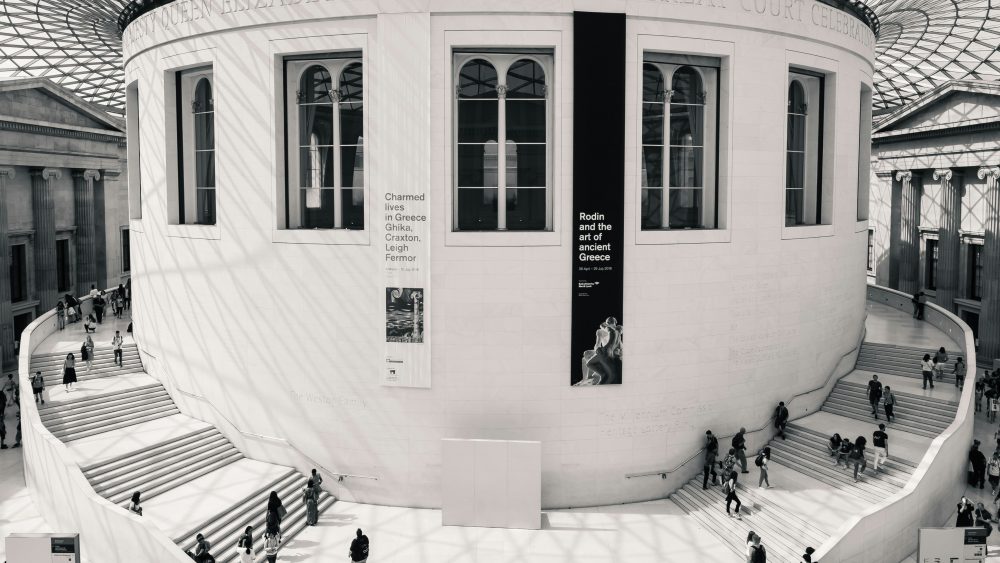Museums are changing – and not just to keep up with the times. They’re pace-setters.
The Victorian government, which paved the way for museums to spring up all over the UK, was playing catch up with the economy. Ministers of the day were worried shift workers with previously undreamed of free time (as benefit of industrialisation) were spending too much of it in public houses. So they introduced the Museums act allowing local councils to build museums around the UK ‘to entertain and instruct community’.
Fast forward to today’s economy, and it’s government that can learn from the people and their museums. While the 20th century was all about increasing participation and making museum collections interactive, museums in the 21st century are ‘creative industries’ which challenge the norm and help shape the future. The driver for this fast-developing change? It’s wellbeing.
Take the case of the London Fire Brigade, which views the idea of a new museum (currently a pop up) as a pivotal space between the public, the staff and the service. The plan is to develop facilities which can promote and improve the service while educating the public, and supporting the development of staff all at the same time. The wellbeing of the people serving and the people being served is key.
It’s a similar story at the Museum of Military Medicine, where the combined learning from the medical, veterinary, dental and nursing Corps has the potential to influence and help develop healthcare services on civvy street through a new facility planned for Cardiff.
Happy City came across these stories when Mike Zeidler was invited as keynote speaker to the British Association of Friends of Museums (BAFM), thanks to our work with the Happy Museum Project at the RWA in Bristol. His talk ‘turned things upside down’ according to one delegate, who loved the idea that wellbeing outcomes can drive finance rather than having to bow and scrape for money. Mike’s talk described how thinking about happiness helps clarify meaning and purpose, and how measures like the Happiness Pulse and Happiness Index are deeply rooted in the everyday practicalities of maintaining wellbeing. He referenced 10 years of research into ‘changing the world through arts and kindness‘ by People United which had just been published, and invited delegates to think about how to apply the qualities of personal friendships to the museums they love.



Comments are closed.